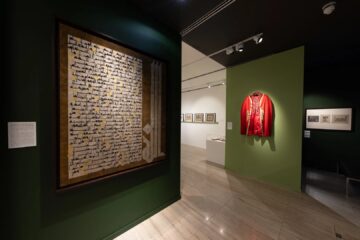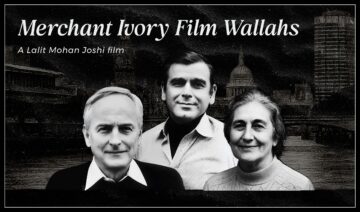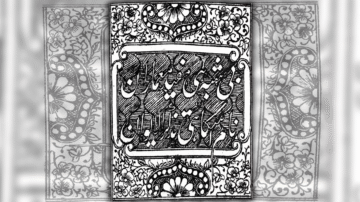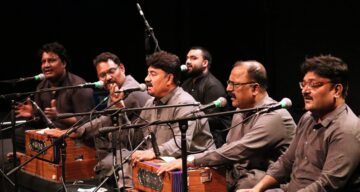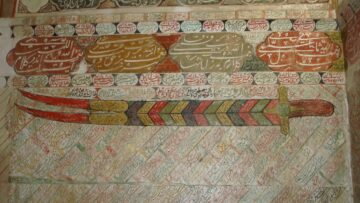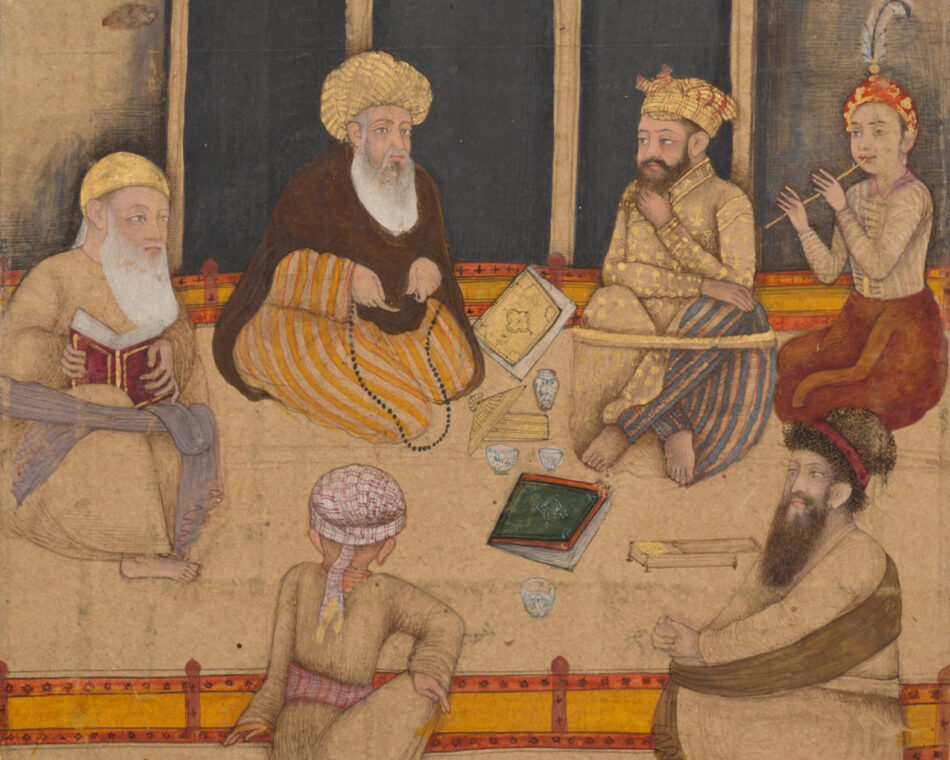
-
Status
Ended -
Date
21 Oct 2024 to 22 Oct 2024 -
Location
Aga Khan Centre
Listening in Many Tongues
Multilingual Interpretive Communities and Acts of Translation in Early Modern South Asia
Register to attend in person Register to attend online
Recent scholarship on South Asia has exemplified the importance of drawing on multilingual sources as well as multi-disciplinary approaches – reading, listening, and visualising the vernacular and the cosmopolitan in conversation, rather than through hierarchical relationships. The overlapping and multidirectional networks of patronage and production have led not only to the creation of new genres of text and performance but also to the articulation of pre-existing traditions within new intellectual milieu and expanding communities of contact and exchange. What has emerged, following the scholarship of Francesca Orsini, Tony K. Stewart, Aditya Behl, and Barry Flood, amongst others, is the understanding of translation as a process of transformation and constant reinterpretation: a “dynamic form of production” (Flood 2007, 107) which translates and reinterprets aesthetic categories of, for instance, music and literature in new and constantly shifting contexts.
Undoubtedly, and building upon the pioneering work of Sheldon Pollock, a focus on ideas and modes of translation across “cosmopolitan” and “vernacular” language models has proliferated scholarship on early modern South Asia. In particular, Francesca Orsini’s scholarly intervention has encouraged us to investigate the ‘multilingual locals’ implied in areas of such contact and exchange. While using this emphasis on translation as a jumping-off point, this conference features papers on the multivalent methods of translation in medieval and early modern South Asia – methods by which various interpretive communities sought equivalences, reinterpretations, and transcreations between and across literary and performative genres.
This conference places both early-career and established scholars working across fields, languages, and geographies on ideas of translation in conversation, such as those concentrating on Ismaili and Sufi studies in Persian and South Asian vernaculars, Apabhramsa and Sanskrit texts in translation, Arabic and Malayalam, and across sites in South India and Bengal.
Conference convenors
- William Hofmann (IIS)
- Ayesha Sheth (University of Pennsylvania)
- Hussain Jasani (IIS)
Venue: Hybrid (Aga KhanA title granted by the Shah of Persia to the then Ismaili Imam in 1818 and inherited by each of his successors to the Imamate. Centre, London + Online)
Dates: 21-22 October 2024
Please note filming and photography may take place during the event, and be used across our website, newsletters and social media accounts. These could include broad shots of the audience and lecture theatre, speakers during the talk, and of audience members participating in Q&A.
Views expressed in this lecture are those of the presenting scholars, not necessarily of IIS, the Ismaili community or leadership. Promotion of this lecture is not an explicit endorsement of the ideas presented.
Cover photo: Nobleman visiting saint at his shrine. The Coralie Walker Hanna Memorial Collection, Gift of Leonard C. Hanna, Jr. Cleveland Museum of Art. Public Domain.
Sham-i Mousiqi: An evening of Persian, Afghan, and South Asian Music
This musical event will feature the budding talents of the IIS’ Student Ensemble, as well as a performance by conference organizer and IIS Research Associate Dr William Rees Hofmann. The performances will feature repertoires gathered from diverse regions and traditions of South Asia, Afghanistan, and the larger Persianate/Islamicate world by the student ensemble, and a demonstration of musical translation between the Indian Sarod and the Afghan Rubab by Dr Hofmann.
The concert will now be held at the Aga Khan Centre. Light refreshments will be available before the start of the programme.


